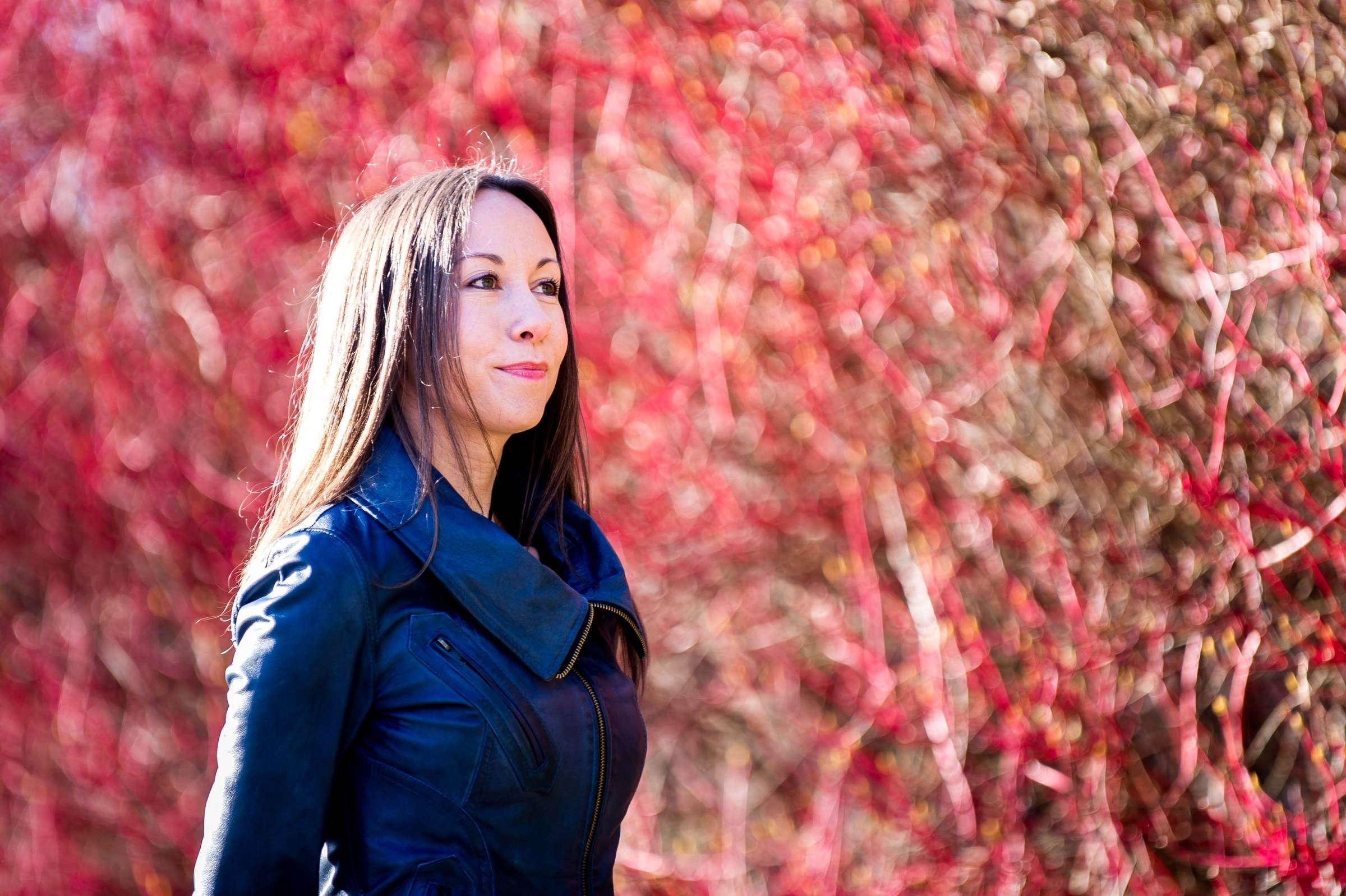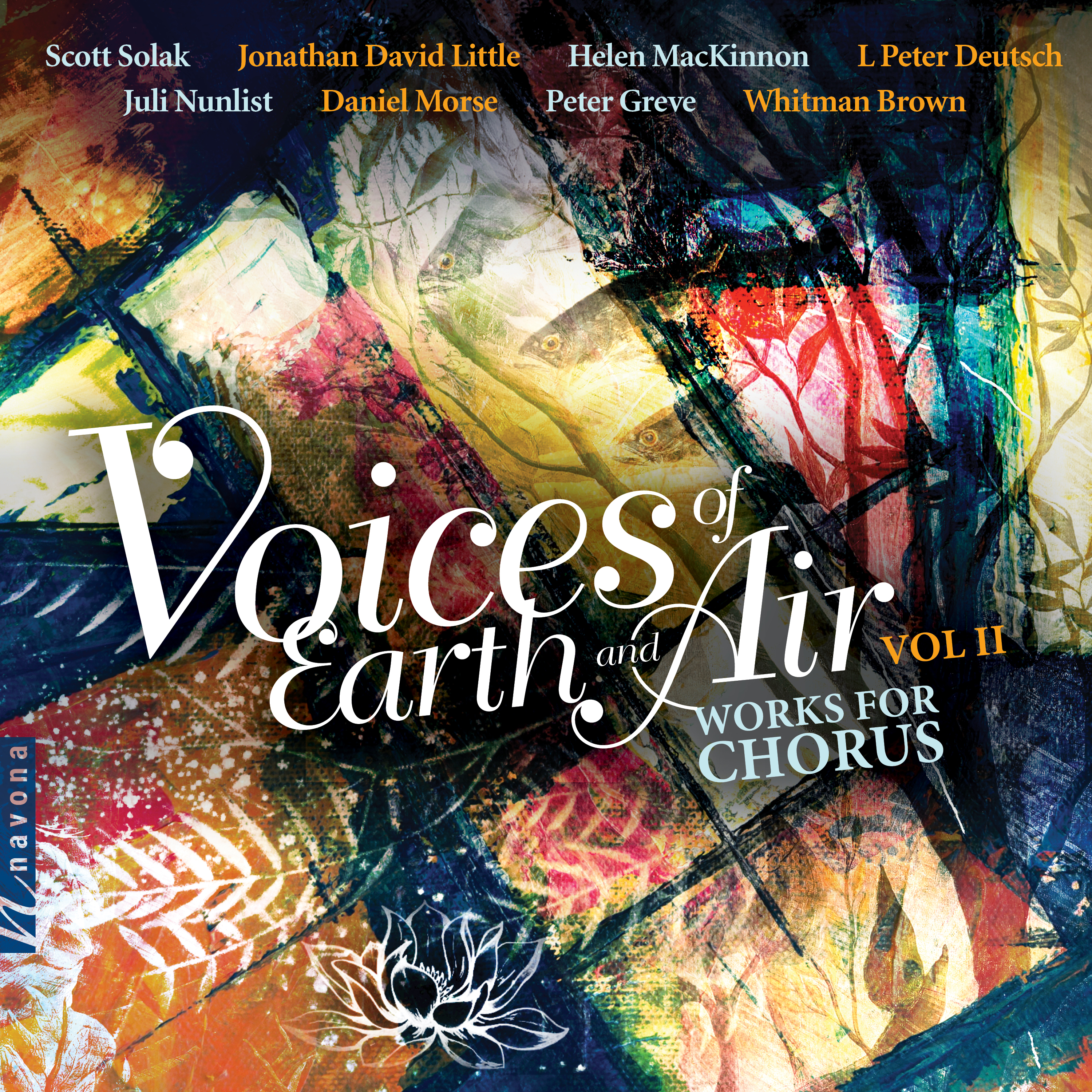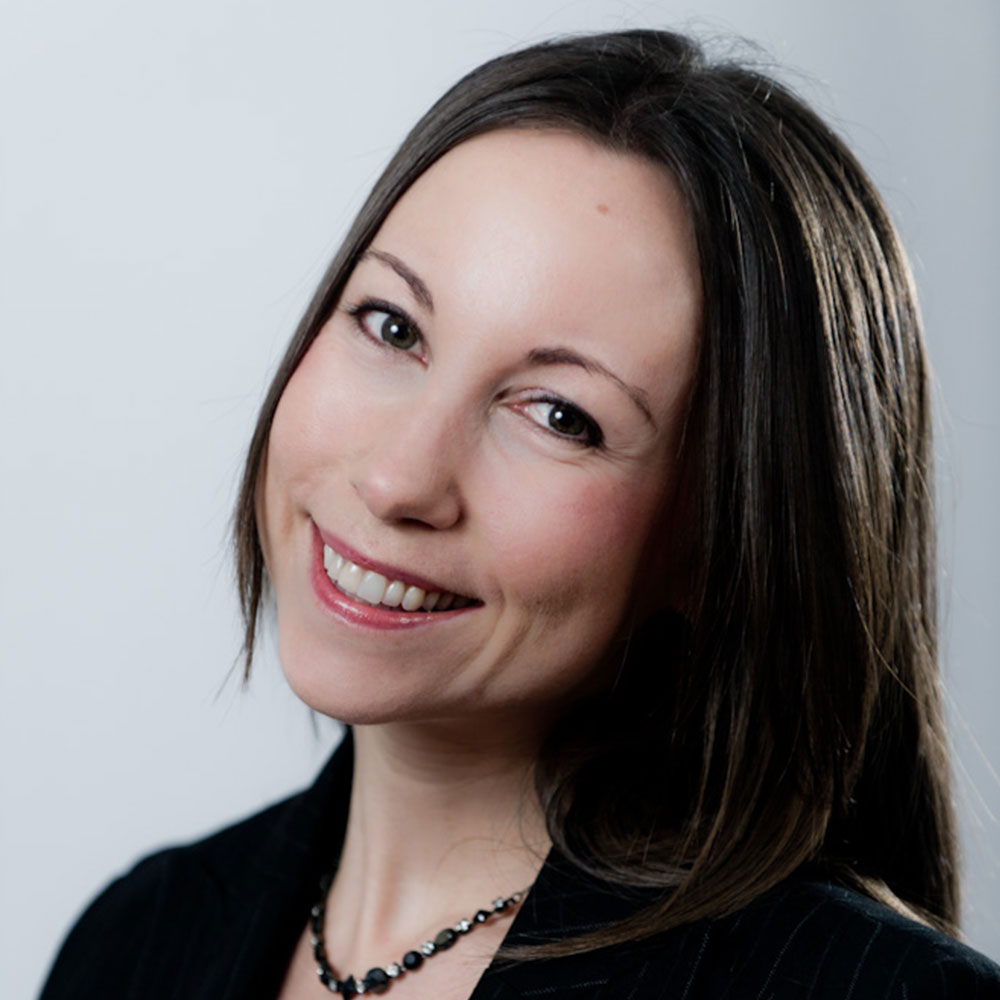

Composing from a young age, Scottish composer Helen MacKinnon studied music at The University of Glasgow, specializing in composition and graduating with a Bachelor of Music First Class Honours in 2002. Her most notable work during her studies was Crossing the Domain, a setting of Scottish poet Edwin Morgan’s poem From the Domain of Arnheim for female voices and percussion. Helen cites her compositional influences as being her Scottish heritage, faith, a musical upbringing immersed in choral singing and orchestral playing, and an insatiable appetite for film scores.
Throughout an early career in management in the charity sector, Helen composed and arranged music for choirs and ensembles in Scotland. In 2015, she received an award in the 2nd International Choral Competition of Choral Composition Ennio Morricone for her sacred choral music. The award was a catalyst for Helen to refocus her professional career on composing. Commissions then followed from Perth Festival of the Arts and The University of Oxford which saw Helen’s work explore gender, voice, and authority as part of a Women and the Canon international conference in Christ Church.
Since 2016, Helen has produced a large portfolio of sacred choral music, which is performed by choirs across the UK, Europe, and Asia. Extensive works include a full Mass in Latin – Mass for the Spirit – and The Rhinns of Islay, an orchestral work celebrating the Scottish island that is part of Helen’s heritage. Helen’s work has gained the support of Florence Choral Festivals and is performed by international choirs during the Italian festivals each year.
Today, Helen is our featured artist in “The Inside Story,” a blog series exploring the inner workings and personalities of our artists. Read on to learn what (less rainy) part of Europe Helen would love to spend creative time in…
Who was your first favorite composer growing up?
Growing up my favorite composer was Rachmaninoff. I started listening to his piano concertos and symphonies first, and then later on, his choral music. I will always remember the first time I played the violin in a performance of his second symphony – it was one of the best hours of my life. Then as I entered my teens, I started to discover the world of film scores, and particularly Ennio Morricone. Morricone’s music connects very deeply with me – there’s barely a day that goes by when I don’t listen to one of his pieces. I went over to Italy to see him conduct a concert of his film music in Verona a few years ago, and it was absolutely electric.
When did you realize that you wanted to be a composer?
I was about 11 or 12 when my love of composing started to develop. I’d been classically trained on the piano by my grandmother, but I wasn’t a natural solo performer – nerves always got in the way. Then one day my uncle, who’s a very talented musician, showed me how to improvise around chord patterns at the piano and I started to create my own ideas. It was like a fire switched on inside me and throughout my teenage years the piano and I were inseparable. I did a lot of songwriting initially and started to write my own lyrics, and then moved on to composing choral and instrumental music as I completed my music degree. I pursued a completely different career path for about 15 years after graduating, but it was receiving an award by my musical hero Morricone in a competition in 2015 that gave me a gentle nudge onto the professional composing path and I’ve been on that exciting journey ever since. I’m a great believer in things happening at the “right time” in your life; patience continues to be a helpful virtue!
If you could make a living at any job in the world, what would that job be?
Exactly what I’m doing now – just more of it! I’m at the early stages of a composing career so I am balancing composing with other work opportunities. I’m in the fortunate position of having a full working life that involves some amazing projects, including working with a fantastic Scottish arts festival in Perth. The balance feels just right and I feel very lucky to be working in such a creative and inspiring field.
If you could spend creative time anywhere in the world, where would it be and why?
It would have to be Italy. My heart just lies there, and I hope that one day I can relocate there, even for short while, to soak up its beauty and character for inspiration and breathe life into new musical ideas. There is so much color and vibrancy in its landscape and culture. And of course, I’d take Italian sunshine over Scottish drizzle any day!
What does this album mean to you personally?
To have a track included on this album is an important milestone. It’s my first professional recording of a composition and it’s a great boost at the early stages of my career to be involved with a range of other composers. I went to Prague for the recording session; again, an experience that contributed greatly to my development. And it’s wonderful to finally have a recording – to be able to step back and just listen to something I’ve written. I’m often asked to accompany choirs who are performing my music, or to conduct my own work, which is of course wonderful, but sometimes I really just want to hide away at the back of the room by myself and listen. My piece, Gloria in excelsis Deo, is very close to my heart – both for spiritual reasons and because the work was a major catalyst for change in my life and for moving into composing professionally.
Is there a specific feeling that you would like communicated to audiences in this work?
The piece is an outpouring of the way my heart interprets the beauty of the Gloria. I wrote the piece fairly quickly, which was purposeful. I wanted it to be unfiltered, not overly refined, and therefore as genuine and heartfelt as it could be. I hope that audiences can feel and enjoy the contrast between absolute tenderness and the triumphant, glorious moments.

Gloria in excelsis Deo will be available on VOICES OF EARTH AND AIR VOL. II for streaming or purchase through Navona Records on April 26. Click here to pre-order.

Scottish composer Helen MacKinnon studied music at The University of Glasgow, specializing in composition and graduating with a Bachelor of Music First Class Honours. Her most notable work of that period was Crossing the Domain, a setting of Scottish poet Edwin Morgan’s poem From the Domain of Arnheim for female voices and percussion. MacKinnon cites her compositional influences as being her Scottish heritage, Catholic faith, and cinematic music.
